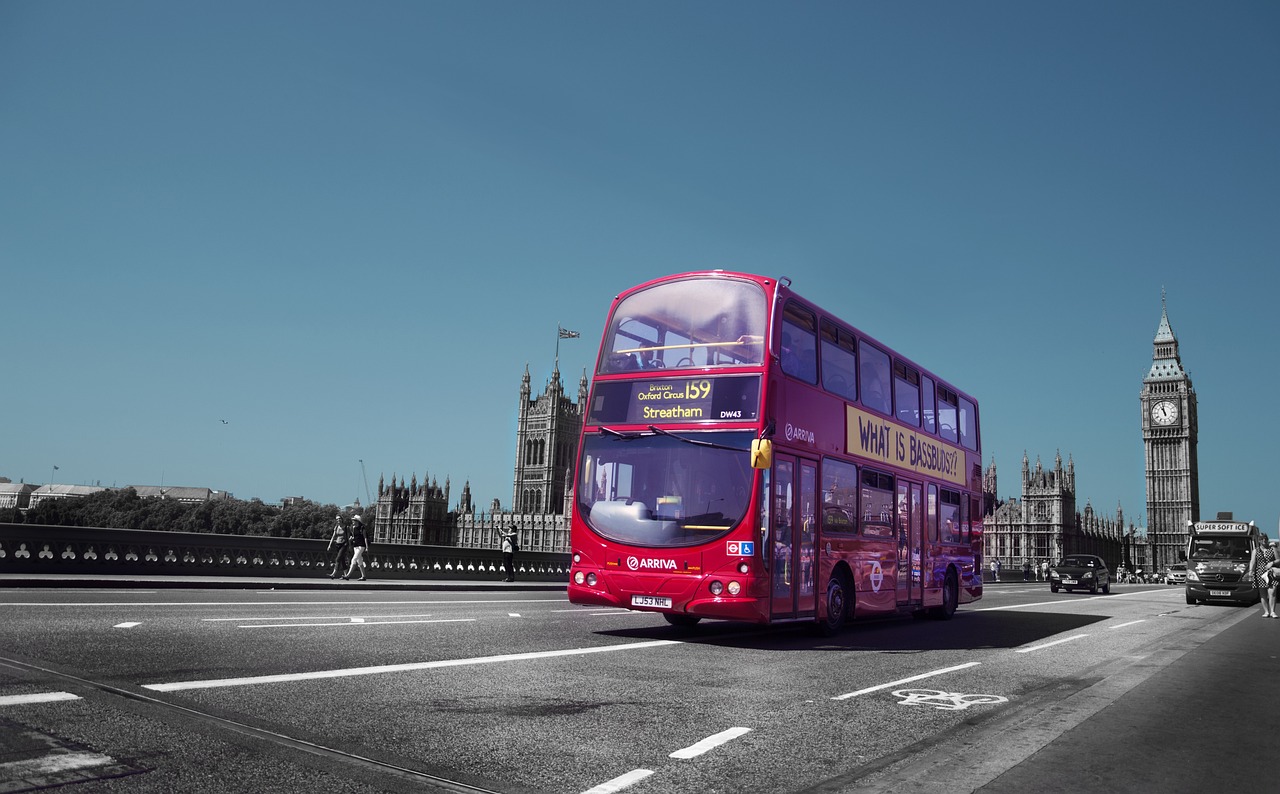New legislation being presented to parliament this week could mean that more bus services could come under the control of local councils in the near future.
According to Transport Secretary Louise Haigh, this “bus revolution” is designed to preserve essential bus routes by allowing local authorities to adopt a franchising system, where they would determine routes, timetables, and fares, while private operators bid for the right to run services for a set fee.
The Conservative Party criticised the plan, labelling it “unfunded” and urged the extension of the £2 fare cap it introduced while in power.
Haigh responded that the fare cap is under review, with decisions expected in the October Budget. Some transport industry representatives have also called for guarantees on minimum service levels, as many routes have been reduced or cut in recent years.
Bus services were largely operated by publicly owned companies until the 1980s and were typically run by local councils. However, in 1986, services outside of London were deregulated and privatised, leading to the widespread sale of council-run bus companies.
In contrast, London retained a franchising system, where Transport for London controls routes, schedules, and fares, with private operators managing the services for a fixed fee.
Today, only a small number of council-owned bus services remain, and the power to introduce franchising is mostly limited to regions with metro mayors.
In 2022, Greater Manchester became the first region outside London to bring bus services back into public control with its “Bee Network,” which has seen positive results, though there have been some challenges with delays.
Labour has committed to empowering all local transport authorities to run their own bus services and remove restrictions on establishing new publicly-owned operators.
The Department for Transport reported a 19.4% increase in local bus passenger journeys in England, reaching 3.4 billion by March 2023. However, this figure remains below pre-pandemic levels, when passenger journeys totalled 4.1 billion in the year leading up to March 2020.




